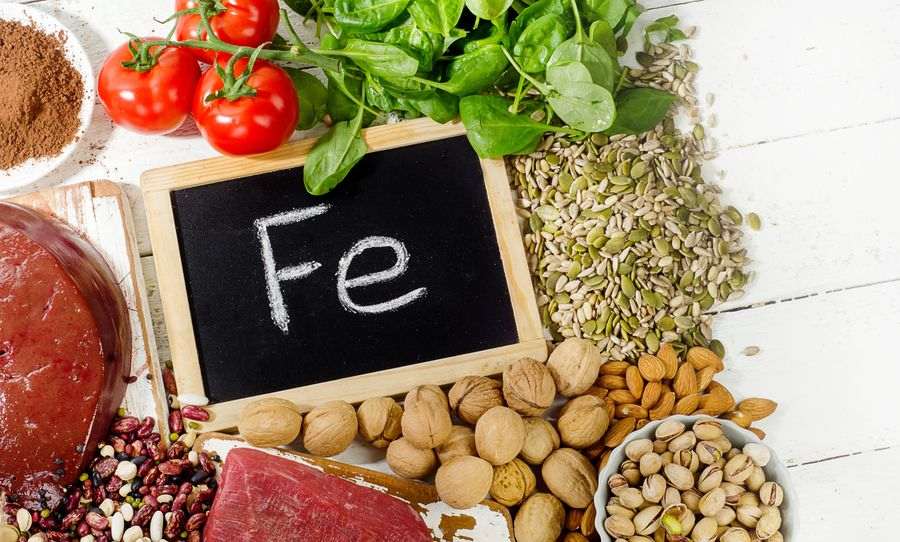Anemia, characterized by a deficiency of red blood cells or hemoglobin, can lead to fatigue, weakness, and overall diminished well-being. Iron deficiency is a common cause of anemia, and addressing this nutritional shortfall is crucial for restoring vitality. In this comprehensive guide, we explore the importance of iron in the body, the symptoms of iron deficiency anemia, and effective strategies for incorporating iron-rich foods and supplements like Pure Encapsulations at Supplement First into your diet to combat this condition.
-
Understanding Iron’s Role in the Body
Iron is an essential mineral that plays a fundamental role in various physiological processes. Most notably, it is a key component of hemoglobin, the protein in red blood cells responsible for transporting oxygen from the lungs to the rest of the body. Iron is also essential for proper immune function, cognitive development, and the maintenance of healthy skin and hair.
-
Recognizing the Symptoms of Iron Deficiency Anemia
Iron deficiency anemia can manifest in various ways, including persistent fatigue, weakness, pale skin, shortness of breath, and dizziness. If left untreated, it can lead to complications such as impaired cognitive function and compromised immune response. Identifying these symptoms early is crucial for prompt intervention and effective management.
-
Iron-Rich Foods to Combat Anemia
Incorporating iron-rich foods into your diet is an effective way to boost iron levels naturally. Foods high in heme iron, the type of iron found in animal products, include red meat, poultry, fish, and organ meats. Non-heme iron, found in plant-based sources, can be obtained from legumes, fortified cereals, tofu, nuts, seeds, and leafy green vegetables. Pairing non-heme iron sources with vitamin C-rich foods can enhance absorption.
-
Supplements for Iron Repletion
In cases where dietary changes alone may not be sufficient, iron supplements like Designs for Health can be a valuable addition to the treatment plan. These supplements are available in various forms, including ferrous sulfate, ferrous gluconate, and ferric citrate. It’s essential to take iron supplements as directed by a healthcare professional, as excessive iron intake can lead to toxicity.
-
Factors Affecting Iron Absorption
Several factors can influence the absorption of iron. Calcium and tannins found in tea and coffee can inhibit iron absorption, while vitamin C enhances it. Cooking in cast-iron cookware can also contribute to iron intake. Understanding these factors can help optimize the effectiveness of dietary changes and supplementation.
-
Consulting a Healthcare Professional
Before making significant changes to your diet or incorporating iron supplements, it’s crucial to consult with a healthcare professional. They can assess your individual needs, conduct tests to determine iron levels, and provide personalized recommendations based on your health status and any underlying conditions.
Wrapping It Up
By prioritizing iron-rich foods and, when needed, incorporating supplements, individuals can take proactive steps toward overcoming anemia and restoring their overall health and vitality. Remember, early detection and intervention are key in the successful management of iron deficiency anemia.

